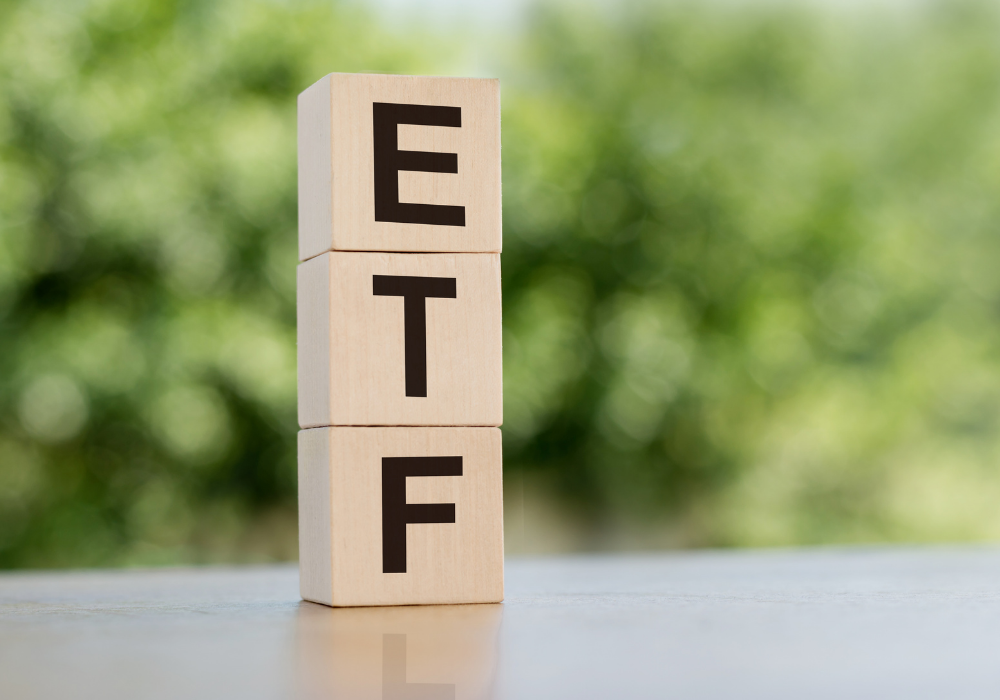
Why Do You Need To Invest In ETFs?
Day-by-day people show more interest in stock exchange markets which helps them to grow their business larger. Everyone wants to take benefit from market trends and this requirement of stock marketers is fulfilled by an ETF.
An exchange-traded fund (ETF) is a form of securities that follows an aggregate, market, currency, or other property and may be actively traded on a stock market much like a regular stock. An ETF may be set up to catch everything from a single stock’s price to a big and varied group of assets.
ETF provides you a bridge to the world of investment advisors and by using ETF services you manage your investments with the same care as you.
Table of Contents
Benefits Of Investment In ETF
Exchange-traded funds (ETFs) are among the most essential and profitable products developed in recent decades for shareholders. ETFs have several advantages and, when applied effectively, may help an individual accomplish his or her investing objectives.
Following are some benefits of investing in ETF:
Transparency
Daily holdings lists are published by ETF fund managers, giving ETFs a much more transparent investing alternative. Mutual funds only release their assets every quarter, and sometimes even a month later.
With an ETF, the shareholder has complete transparency into their transaction and can hold the ETF management responsible.
Risk Assessment And Portfolio Diversification
Investors who lack knowledge in certain areas, types, companies, or nations may desire to quickly obtain portfolio exposure to such areas. ETF shares may be able to give an investor convenient exposure to a certain market segment because of the broad number of area, design, company, and nation classifications accessible.
ETFs may now be found in almost every major investment class, industry, and currency on the planet. Furthermore, these new ETF forms encapsulate a specific investing or marketing approach.
For example, an investor can use ETFs to purchase or sell stock price movements or invest in the world’s greatest earning currencies regularly.
Low Cost
Because most ETFs are index funds and are not professionally managed, they have low-cost ratios. Furthermore, unlike mutual funds, ETFs do not need to buy and sell assets to facilitate investor acquisitions and repayments, thus they do not need to have a reserve fund for repayments, which saves money on transaction fees.
ETFs have very minimal advertising, promotion, and management costs, and most ETFs do not charge fees.
Over time, these cost discrepancies might add up to a significant difference. Some mutual funds, on the other hand, are investment vehicles with exceptionally low expense ratios.
Time Efficient
Most traders lack the time or expertise to choose shares and keep track of each investment. With ETFs, you may trade in a pre-selected and defined sector or index that captivates your attention.
There is an ETF for everyone, regardless of disposition effect or personal preferences.
Conclusion
For both private and commercial financial advisers around the world, ETFs have opened up a whole new universe of investment options.
They enable investors to gain broad exposure to entire stock markets in a multitude of sectors and territories quickly, in real-time, and at a lower cost than many other investment vehicles.








